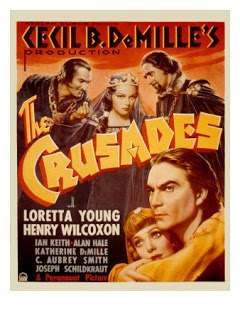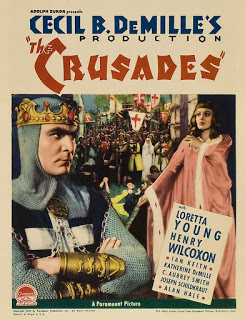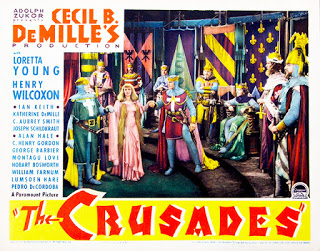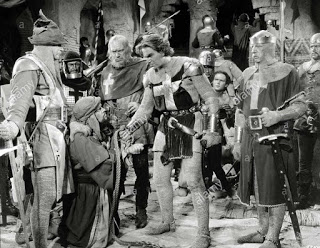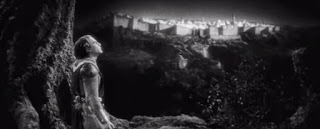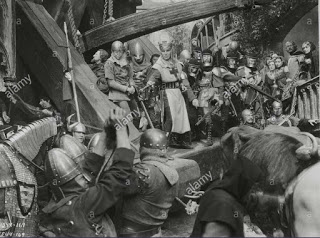The Crusades
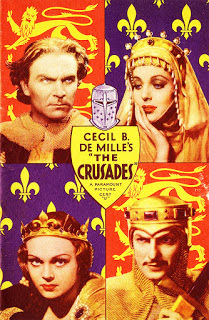
Director:
Cecil B. DeMille
Year: 1935
Rating: 7.0
This old-fashioned
extravaganza from the great director Cecil B. DeMille has the potential of
relating one of the great historical events - a huge clash of cultures between
Christianity and Islam as well as the story of two legendary figures of the
past - Richard I (better know as the Lionheart) and the Muslim Saladin who
rose from nothing to control a large empire in the Middle East that stretched
from Syria to Egypt including Jerusalem which he conquered in 1187 after
nearly 100 years of rule by the Christians. Both Richard and Saladin were
bigger than life as they cut a swath of influence and adventure in Europe
and the Middle East. Instead though, DeMille brings this down for the most
part to a romantic domestic drama with its share of palace intrigue (recall
King John from Robin Hood who is his brother) and the piety that DeMille
likes to bring to many of his films.
